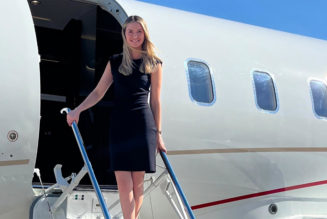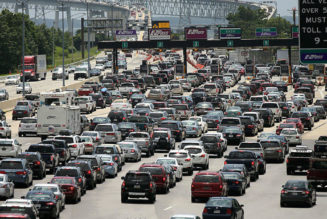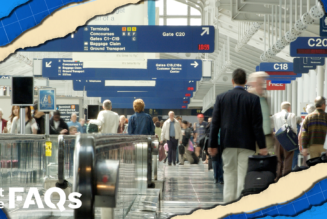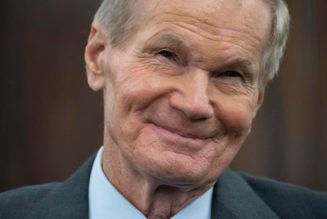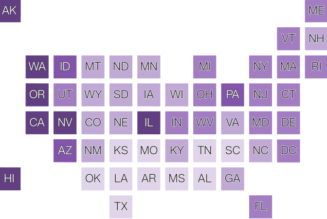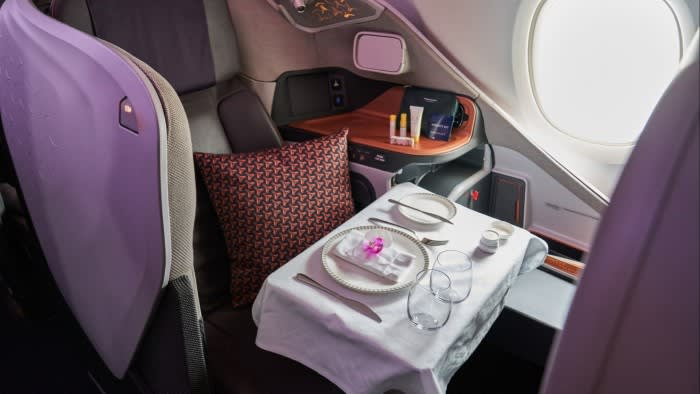
Unlock the Editor’s Digest for free
Roula Khalaf, Editor of the FT, selects her favourite stories in this weekly newsletter.
PwC has imposed restrictions on its UK partners flying business class on work trips, as the accounting firm attempts to reduce its carbon footprint and cut costs.
PwC told senior UK staff in October that only people travelling on long-haul night flights or those flying for “business-critical” reasons would be allowed to sit in business class, people familiar with the matter told the Financial Times.
The new PwC UK guidance applies to partners and directors, and other staff who accompany them on trips. The firm’s previous policy allowed senior staff to travel in business class on flights that were five hours or longer.
It comes as the Big Four accounting firms — Deloitte, EY, KPMG and PwC — seek to trim costs and as large employers cut back on travel to reduce their carbon emissions, relying more on video calls to conduct meetings.
PwC has pledged to cut emissions from its operations to net zero by 2030. Business travel remains PwC UK’s single-largest source of carbon pollution, with flying accounting for more than two-thirds of the firm’s emissions in 2022.
Business-class seats have a higher carbon footprint than economy ones because they take up more room and are more frequently empty.
The new PwC guidance says partners and directors should typically travel in premium economy class if a flight is five hours or more, according to people briefed on the policy.
Business class can still be used for staff travelling overnight or if there is a “business-critical” reason, such as an employee having a corporate meeting on arrival, they added.
The move comes at a time when the Big Four firms are cutting costs amid a market slowdown. In the UK, PwC is axing up to 600 jobs.
Partners at PwC UK secured an average payout of £906,000 in the 12 months to June, down £119,000 from the previous year, as profits stagnated.
Marissa Thomas, managing partner at PwC UK, said: “Flights account for the majority of our carbon emissions so we’re only going to meet our net zero target if our people take a really thoughtful approach to air travel.
“Given a business-class seat is roughly 50 per cent more carbon-intensive than one in premium economy, we’re asking partners and directors to think carefully about if they need one.”
She added PwC was encouraging staff to make the most of business trips, partly by spending longer at a location to reduce multiple visits.
In August, the Financial Times reported that Europe’s three major airline groups — Air France-KLM, IAG and Lufthansa — had recorded a drop in the rate of recovery in corporate travel this year because of rising prices and companies seeking to cut emissions.

